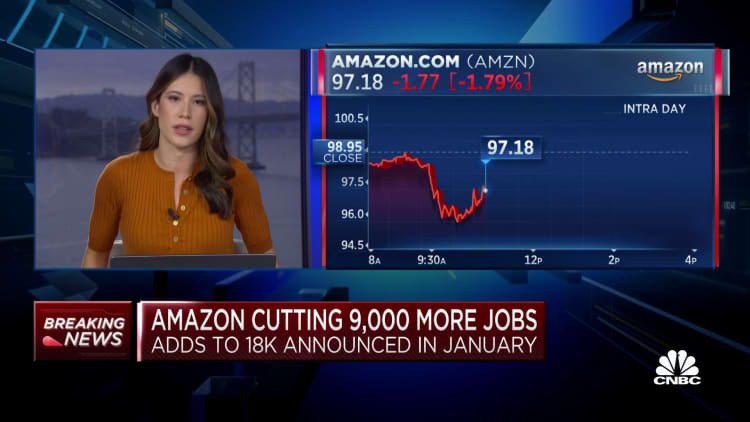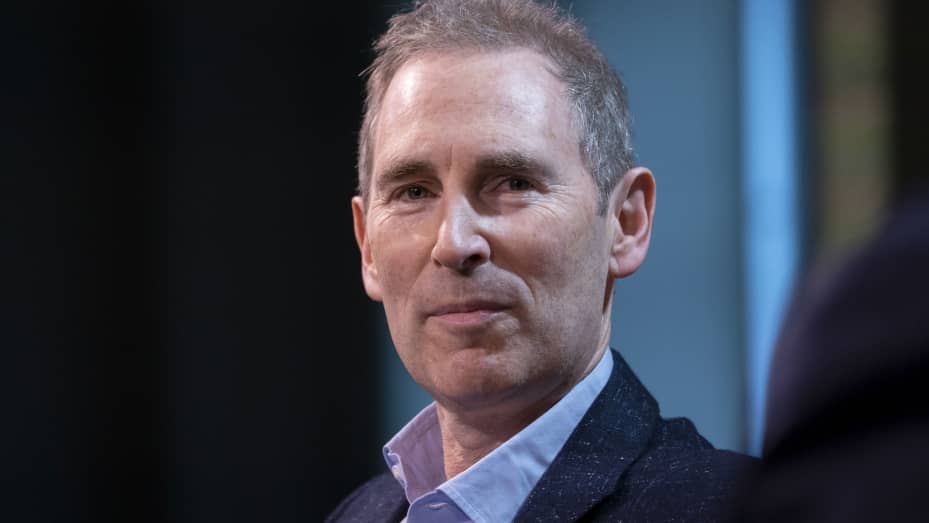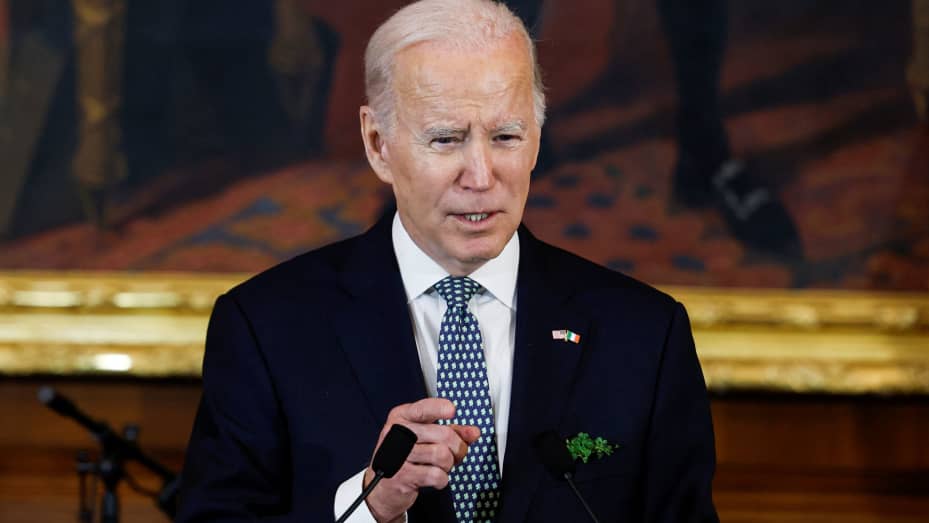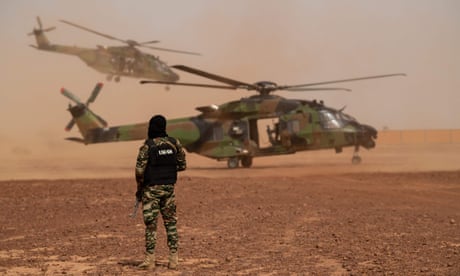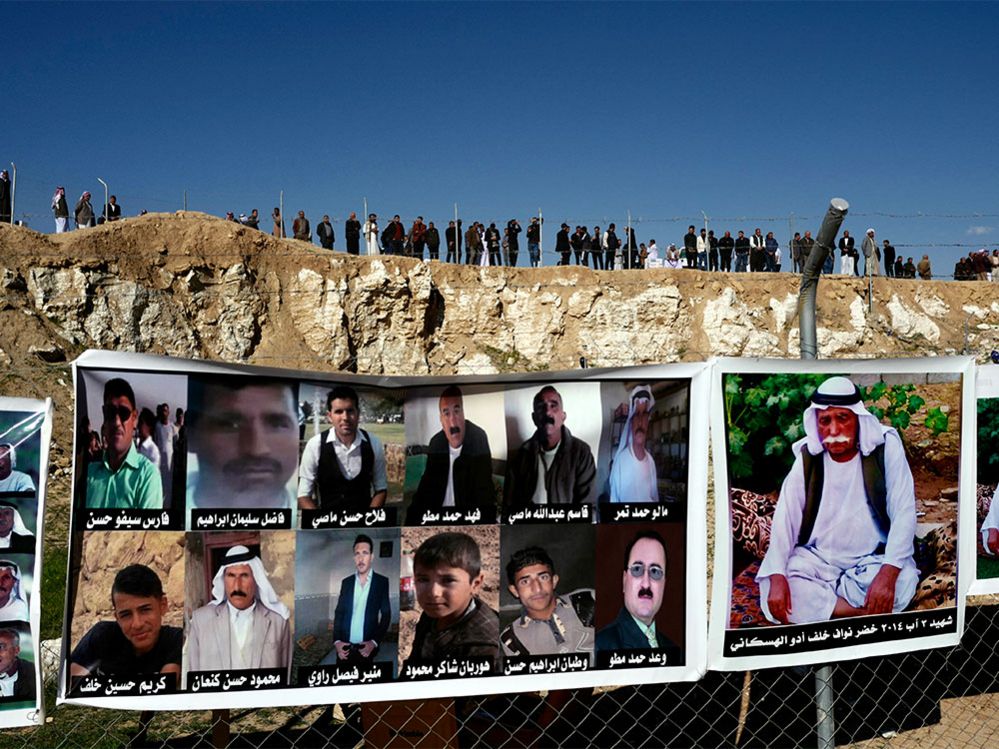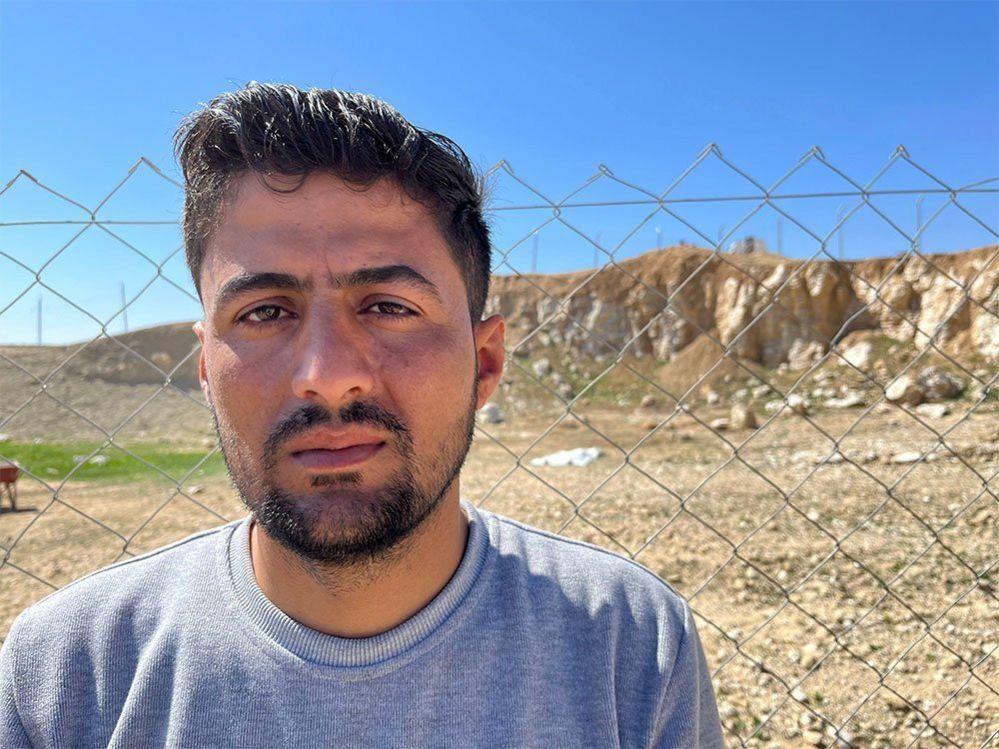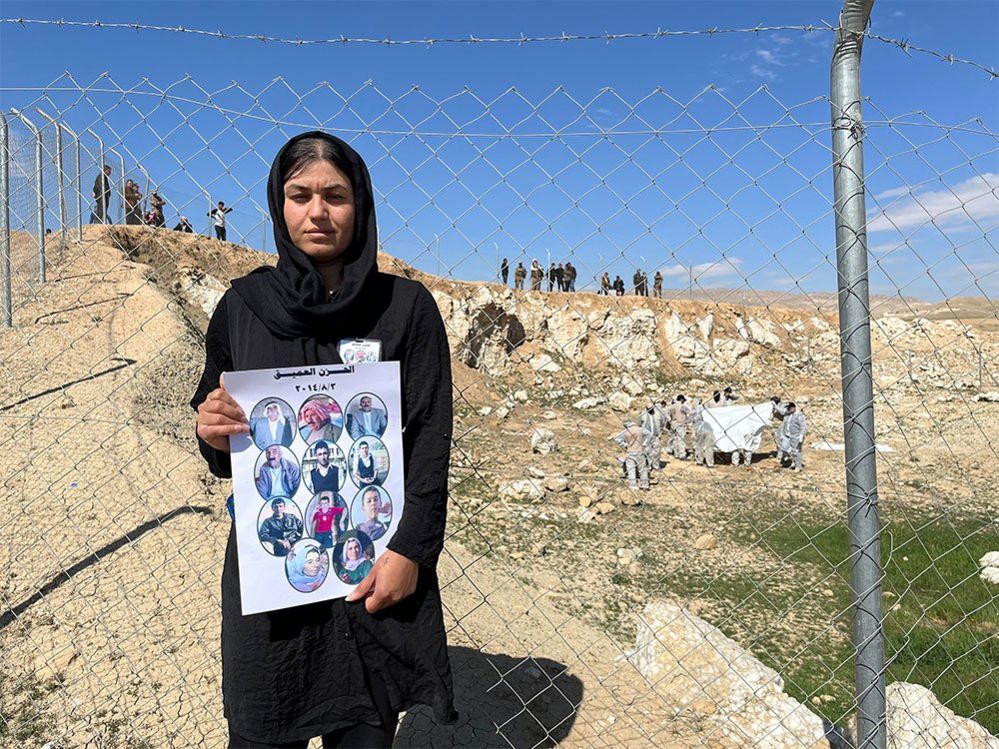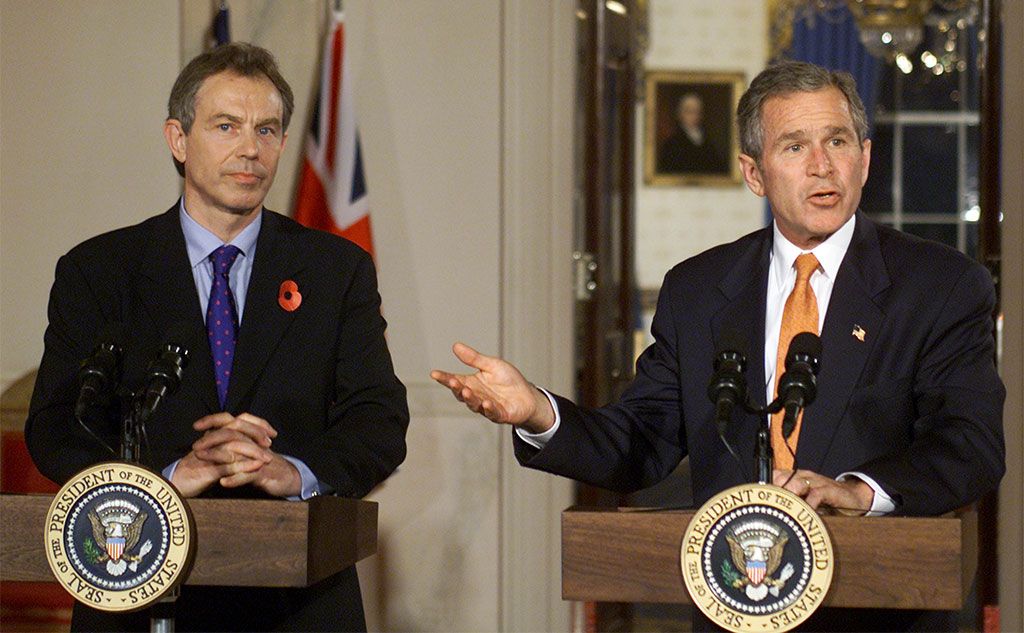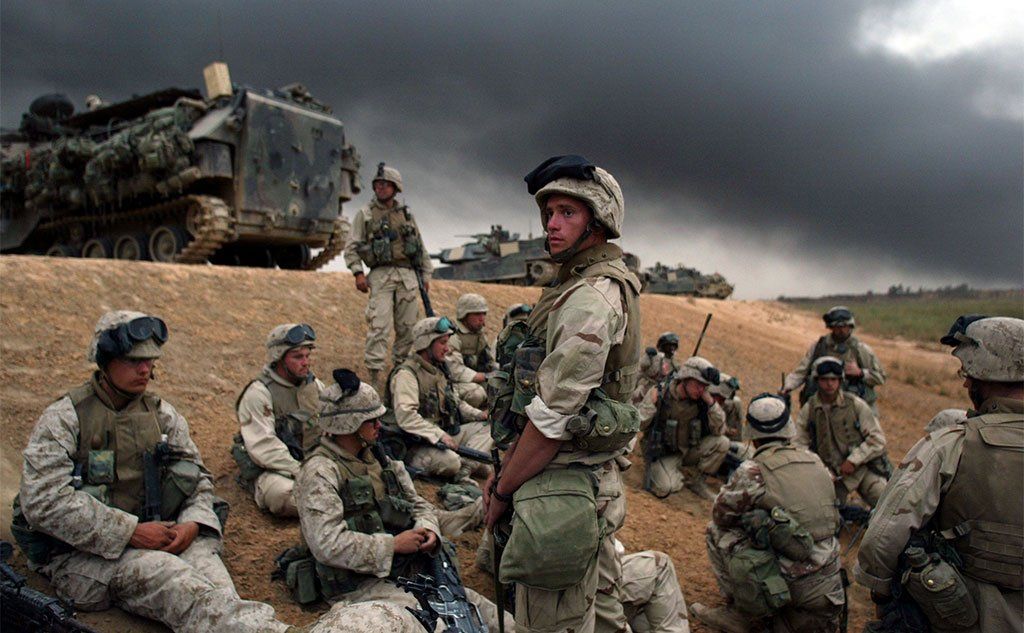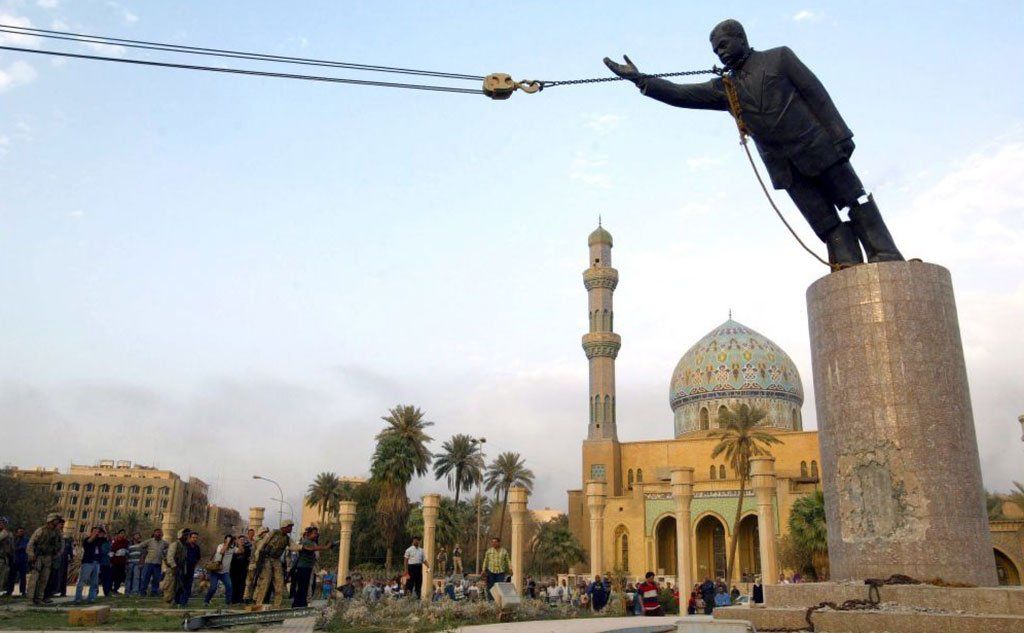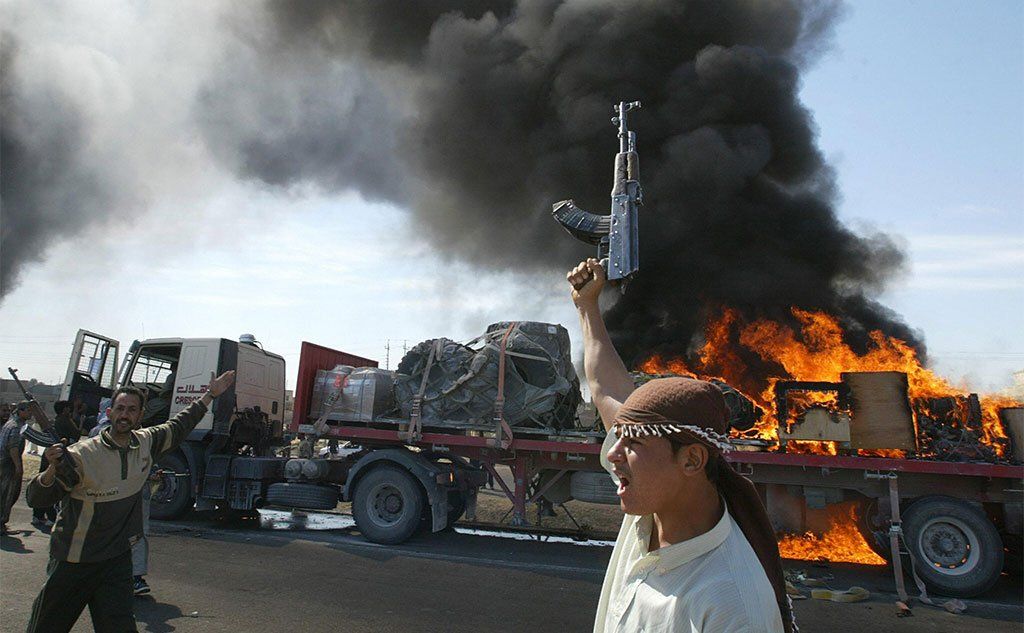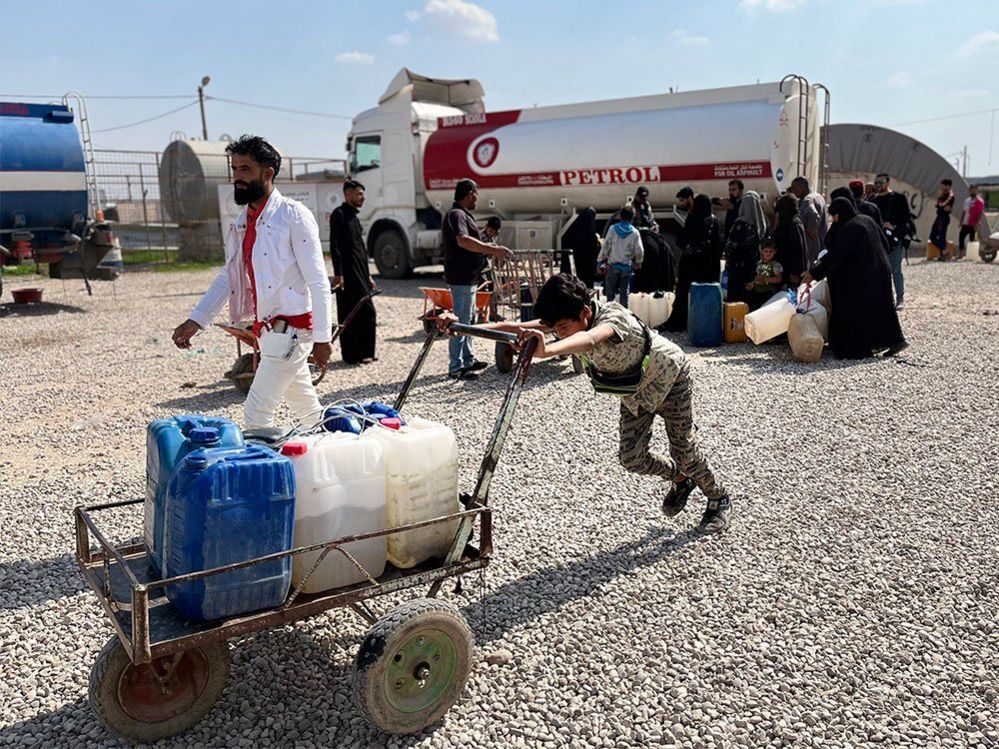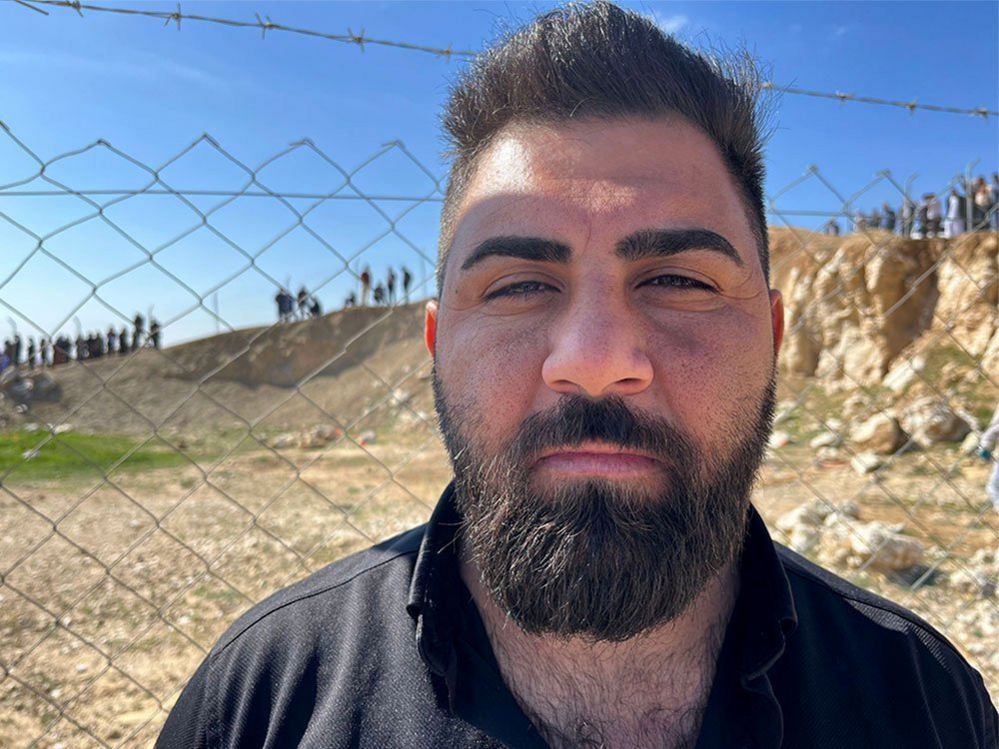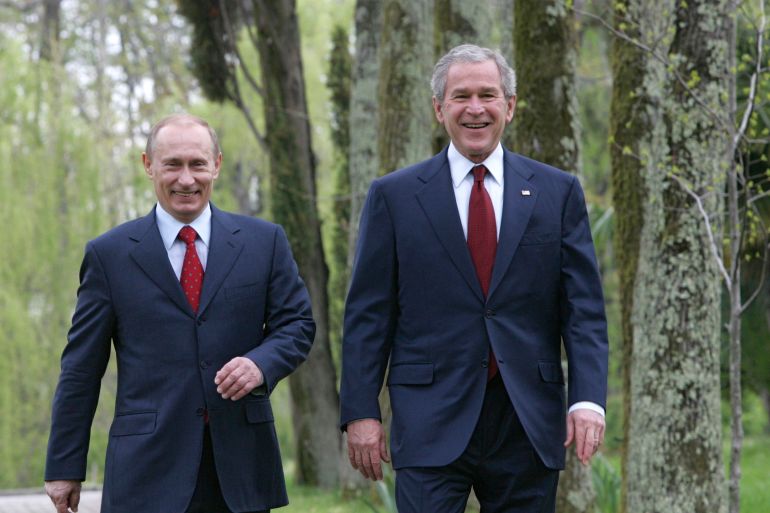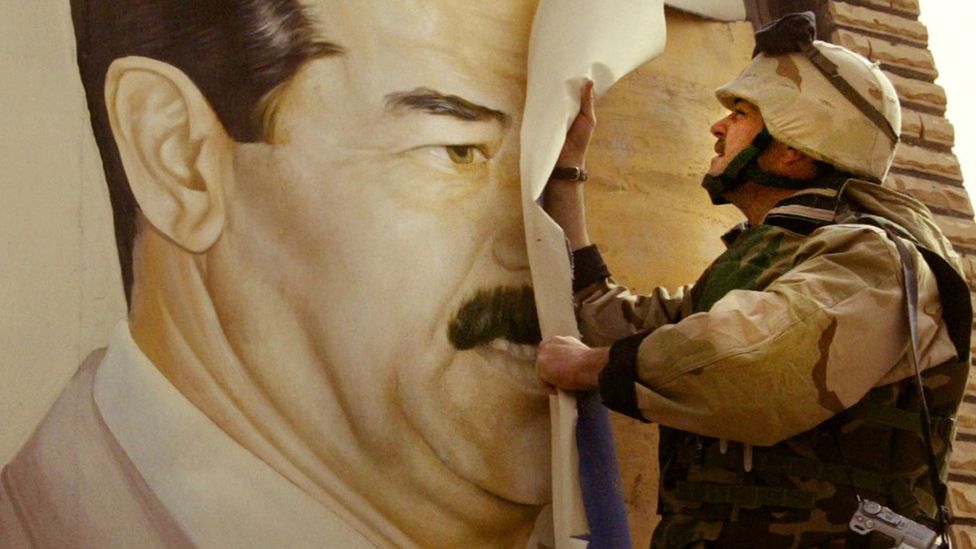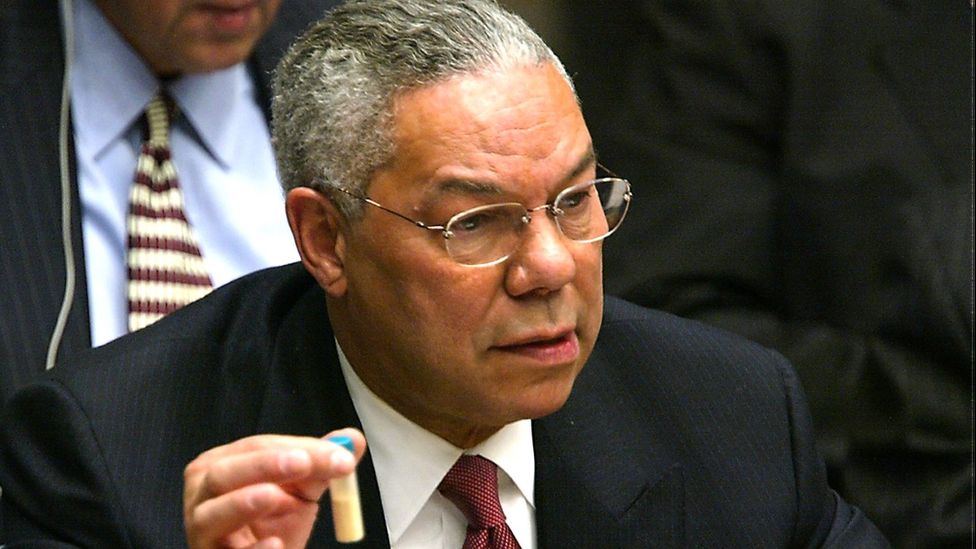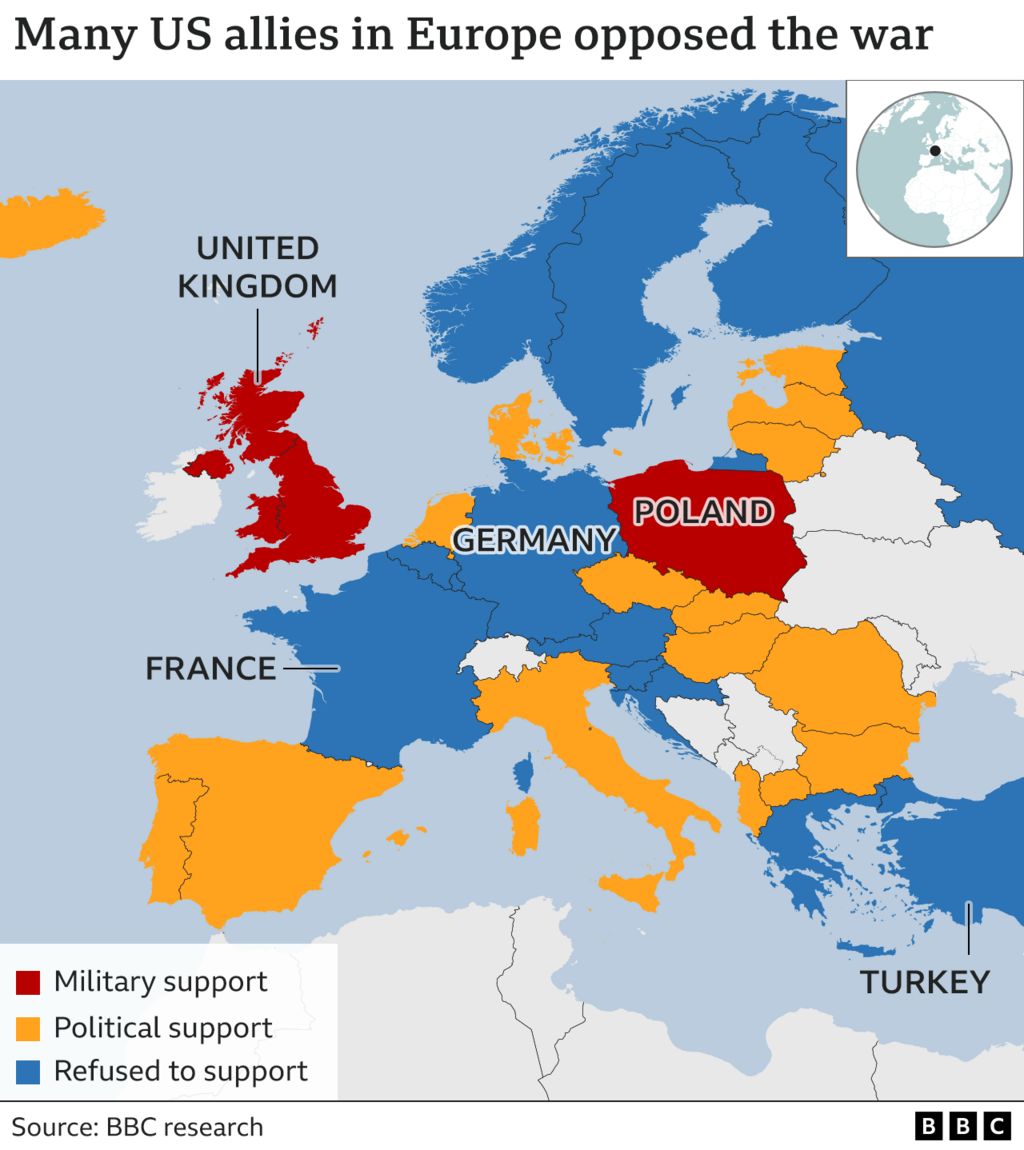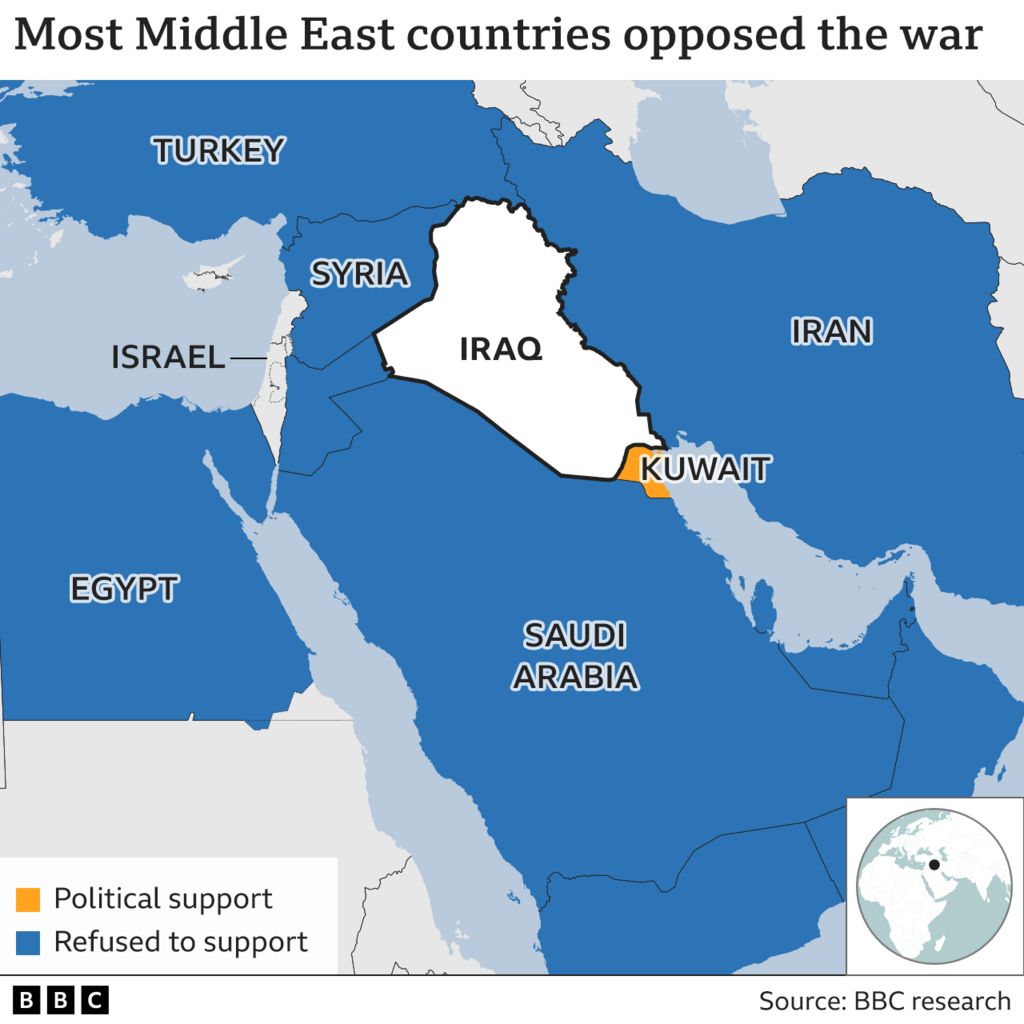PUBLISHED MON, MAR 20 2023
KEY POINTS
The Swiss regulator FINMA announced Sunday that the so-called additional tier-one bonds, which are widely regarded as relatively risky investments, will be written to zero as part of the deal.
The move has angered Credit Suisse AT1 bondholders as their investments have seemingly been lost.
Credit Suisse’s takeover deal, worth $3.2 billion, by rival Swiss bank UBS was agreed Sunday with the help of Swiss authorities.

A branch of Swiss banking giant Credit Suisse behind a window under the rain, in Basel. (Photo by FABRICE COFFRINI / AFP) (Photo by FABRICE COFFRINI/AFP via Getty Images)
Fabrice Coffrini | Afp | Getty Images
One section of Credit Suisse’s bondholders is set to be wiped out following the struggling bank’s takeover by UBS, causing them to see investments worth 16 billion Swiss francs ($17 billion) become worthless.
The Swiss regulator FINMA announced Sunday that the so-called additional tier-one bonds, which are widely regarded as relatively risky investments, will be written to zero as part of the deal.
The move has angered Credit Suisse AT1 bondholders as their investments have seemingly been lost, while shareholders will receive payouts as part of the takeover. Usually, equity investments would be classed as secondary to AT1 bonds.
Therefore, the decision “can be interpreted as an effective subordination of AT1 bondholders to shareholders,” Goldman Sachs’ credit strategists said in a research note published Sunday.
“It also represents the largest loss ever inflicted to AT1 investors since the birth of the asset class post-global financial crisis,” they added.
However, FINMA’s move should not come as a shock, Elisabeth Rudman, global head of financial institutions at DBRS Morningstar, told CNBC’s “Squawk Box Europe” on Monday.
“AT1s are there to absorb losses, so it’s not a surprise,” she said. “They’ve done what they were supposed to do.”
WATCH NOW
VIDEO04:15
UBS’ takeover of Credit Suisse is probably the ‘smoothest option,’ analyst says
AT1 bonds, also known as contingent convertibles or “CoCos,” are a type of debt that is considered part of a bank’s regulatory capital. Holders can convert them into equity or write them down in certain situations – for example when a bank’s capital ratio falls below a previously agreed threshold.
AT1s were created in the aftermath of the financial crisis as a way of shifting risks away from taxpayers in crisis situations. Due to their elevated risk factor, they often have higher yields than other bonds.
Credit Suisse’s takeover deal, worth $3.2 billion, by rival Swiss bank UBS was agreed to Sunday with the help of Swiss authorities.
After years of losses and difficulties, Credit Suisse’s struggles came to a head last week after its biggest investor, Saudi National Bank, said it could not offer any more support to the Swiss bank financially due to regulatory restrictions. This came just days after the collapse of Silicon Valley Bank and Signature Bank in the U.S. sent shock waves through the banking sector.
The Swiss National Bank, the country’s central bank, then said it would support Credit Suisse with up to 50 billion francs ($54 billion), but investor concerns remained and the situation became untenable.
The development also sparked concerns about how this could impact global credit markets and AT1 bonds from other major financial institutions.
We need consolidation across Europe’s banking sector, portfolio manager says
Rudman says it may impact investor’s views of the bonds and how much they are willing to pay for them.
“I don’t think it’s a risk that they will be written down. There would be risks attached to the pricing and how investors, perhaps some investors reassess the yield they are looking for,” she highlighted.
Meanwhile, Goldman Sachs notes that FINMA’s decision “greatly weakens the case to add risk.”
“Whether investors treat this decision as a one-off or whether they rethink the asymmetry of their risk-reward at times of elevated financial distress remains to be seen,” the firm’s strategists say.
“It has become harder to assess the attractiveness of the current historically large spread pick-up provided by AT1 bonds vs. their HY [high-yield corporate counterparts],” Goldman explained, concluding that this will likely lead to a reduced appetite for AT1 bonds.
Other regulators distance themselves
Meanwhile, banking regulators in the European Union, which Switzerland is not a part of, indicated on Monday that they would follow a different approach if similar situations arose within their remit.
While they said they welcomed the steps taken by Swiss authorities to resolve the situation, they also noted that there is a specific order in which “shareholders and creditors of a troubled bank should bear losses.”
“In particular, common equity instruments are the first ones to absorb losses, and only after their full use would Additional Tier 1 be required to be written down. This approach has been consistently applied in past cases and will continue to guide the actions of the SRB [Single Resolution Board] and ECB [European Central Bank] banking supervision in crisis interventions,” their statement read.
The statement may ease investor concerns slightly, which BofA Global Research analysts noted Monday.
“The actions of the Swiss authority will remain, in our view, a factor for the market. We still fear the market is very fragile. However, we also believe that we are already seeing confidence building measures from the European authorities to support the market,” they said.
Vítor Constâncio, who was the vice president of the ECB from 2010 to 2018, commented on FINMA’s announcement on Twitter, saying it was a “a mistake with consequences” that could lead to legal action
The Bank of England has also distanced itself from FINMA’s decision, stating that the U.K. “has a clear statutory order” detailing which shareholders and creditors were expected to take on losses. AT1 bonds “rank ahead” of equity investments, the statement noted, adding that they had followed this process in the unwinding of SVB UK.
Republicans request Fed and FDIC oversight records for failed Silicon Valley Bank and Signature Bank
What the UBS rescue of Credit Suisse means for global markets
How years of turbulence at Credit Suisse came to a head
Biden calls on Congress to tighten laws to claw back executive pay in bank failures
Wall Street rides to the rescue as 11 banks pledge First Republic $30 billion in deposits
Treasury Secretary Yellen says not all uninsured deposits will be protected in future bank failures
Four days of panic: How startup execs navigated SVB’s meltdown and prepared for the worst
What Signature Bank, Silicon Valley Bank failures mean for consumers and investors
Silicon Valley Bank ex-CEO backed Big Tech lobbying groups that targeted Dodd-Frank, sought corporate tax cuts
This one chart shows the uniqueness of Silicon Valley Bank and how it set itself up to fail (PRO)
Are your bank deposits FDIC-insured? What to know in the wake of Silicon Valley Bank, Signature Bank closures
Why regulators seized Signature Bank in third-biggest bank failure in U.S. history
Here’s how the second-biggest bank collapse in U.S. history happened in just 48 hour
